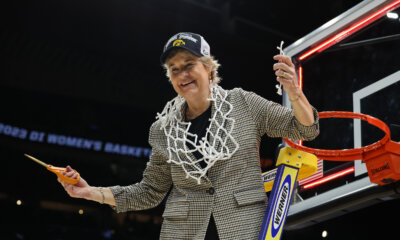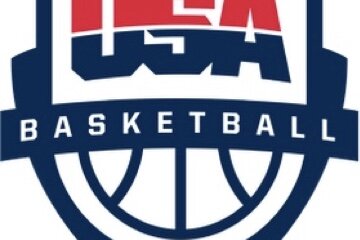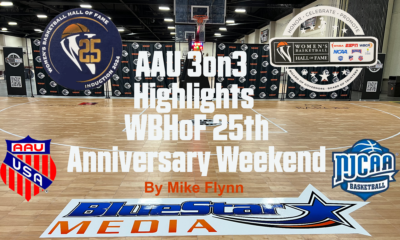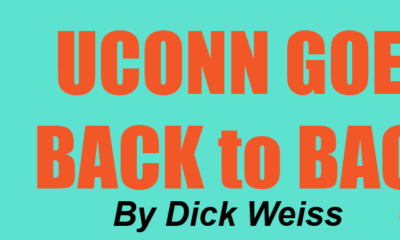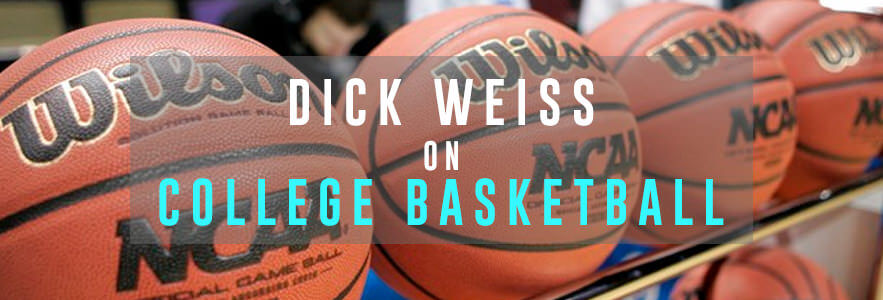Four and a half years after former UCLA star Ed O’Bannon filed a class action anti-trust suit against the NCAA, a federal judge has declared that, barring a settlement, the case will go to trial in Oakland, beginning June 9.
The decision is a major victory for O’Bannon, who is challenging the NCAA’s ban on compensating athletes for their name, likeness and image from their use during live game broadcasts.
The NCAA had asked U.S. District Judge Claudia Wilken in December to dismiss the suit, saying it did not show the association’s rules violate antitrust laws and that athletes’ demand for revenue from the licensing of live broadcasts is pre-empted by the First Amendment right to televise newsworthy events. But Wilken, after questioning both sides during a two-hour proceeding last week, ruled that “the whole case is not going away on summary judgment” and will be decided by a jury.
“It was not a good day for the NCAA and it was a very significant day for us,” Michael Hausfeld, the O’Bannon plaintiffs’ lead attorney, said in a phone interview with al.com. “She questioned the whole concept of amateurism from automatic immunity for everything they do. She questioned whether competitive balance and the integration of athletics and academics are procompetitive justifications.”
The suit originally named video-game maker Electronic Arts and the Collegiate Licensing Company, but the plaintiffs and those two companies reached settlements in September that are reportedly worth $40 million, although the settlement has not yet been finalized. Hausfeld said in court that the parties are “close,” and following a private side-conference between the judge and the attorneys she returned feeling confident enough to reaffirm the June trial date. It is scheduled to last 19 days.
Hausfield said his clients would not ask for a specific amount of money. O’Bannon’s attorneys envision college athletes as unpaid until the end of their careers when they would then draw from the trust generated by the licensing and sale of the players’ names, images and likenesses. The players would receive health care and disabiliity benefits and deferred payments later in life.
The NCAA has argued in filings that First Amendment protections regarding the broadcast of newsworthy events– a college football or basketball game — preclude schools from having to seek permission from athletes for their appearance in game broadcasts. Wilken questioned why the NCAA can then sell exclusive game rights to a network like CBS while at the same time arguing the events are of public domain.
In a story that appeared in Sports Illustrated.com, Wilken also expressed skepticism regarding three of the NCAA’s justifications for why its no-pay rule does not violate antitrust laws. Most notably, she expressed a “problem” with the notion that sharing revenue with the athletes would negatively impact competitive balance within college sports. “Maybe there’s a less restrictive alternative?” she wondered. “Maybe you could enforce more competitive balance by having coaches’ salaries addressed.”
One of the NCAA’s other justifications is protecting amateurism. But Wilken all but dismissed that argument. “I don’t think amateurism is going to be a useful word here,” she said.
While the NCAA has gone to trial numerous times over the years regarding a variety of issues, including the 1992 Blue Star anti-trust case and the 1994 restricted earnings coaches’ case, both which were won by the plaintiffs, this would mark the first time its fundamental amateurism principles are the subject of a major trial. A loss in court would cost the NCAA billions, force networks to negotiate with trade unions and likely force universities to turn some scholarship sports into club activities.
Donald Remy, the NCAA’s chief legal officer, was in attendance but did not immediately comment. The NCAA released a statement on his behalf. “We believe strongly in the merits of our case and will continue to defend the interests of the hundreds of thousands of student-athletes not recognized by the plaintiffs,” Remy said. “For them and for all student-athletes, the current model of college sports provides opportunities for success during college and beyond. We believe the arguments presented show that the plaintiffs’ claims are not supported by the facts or the law.”



